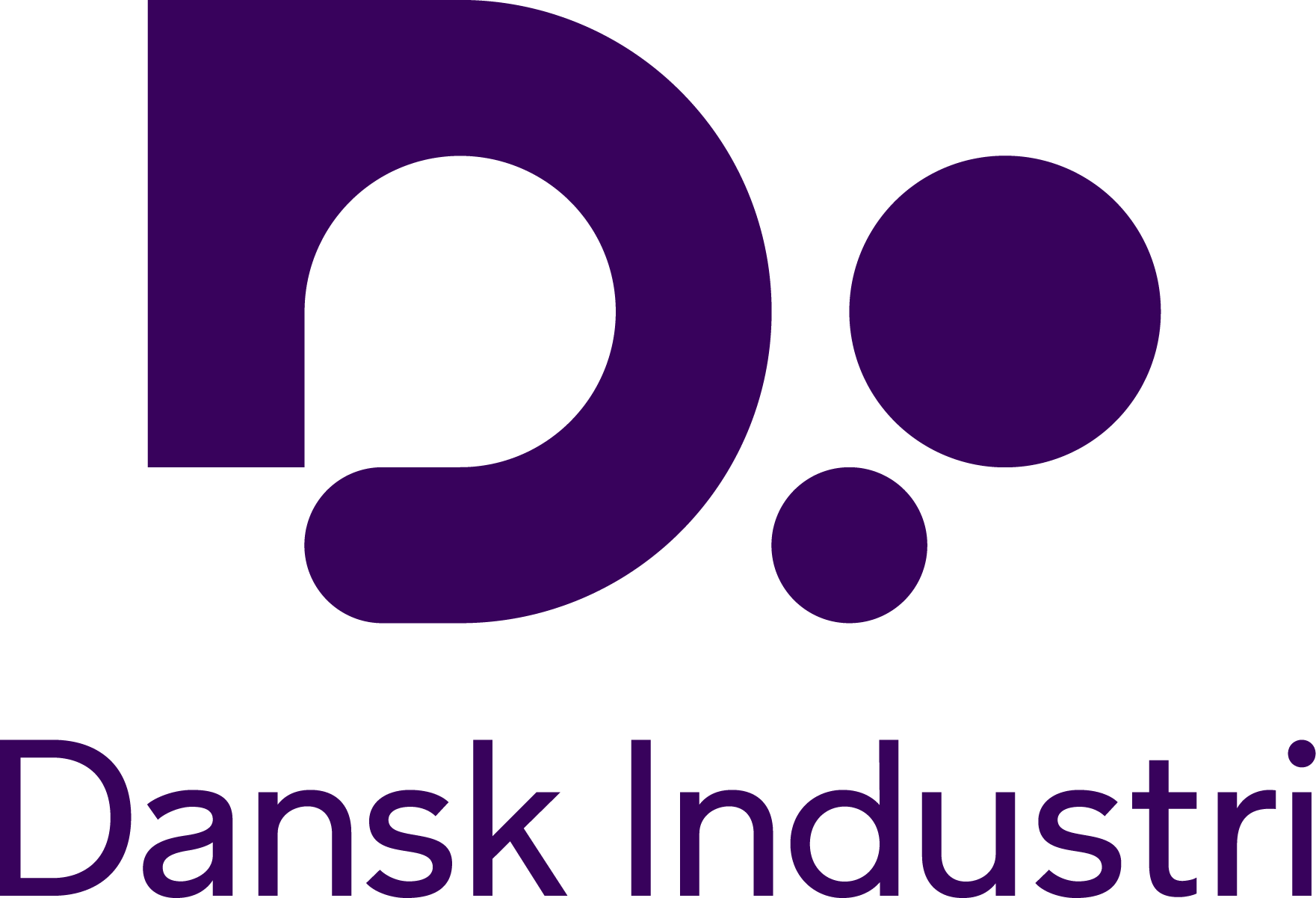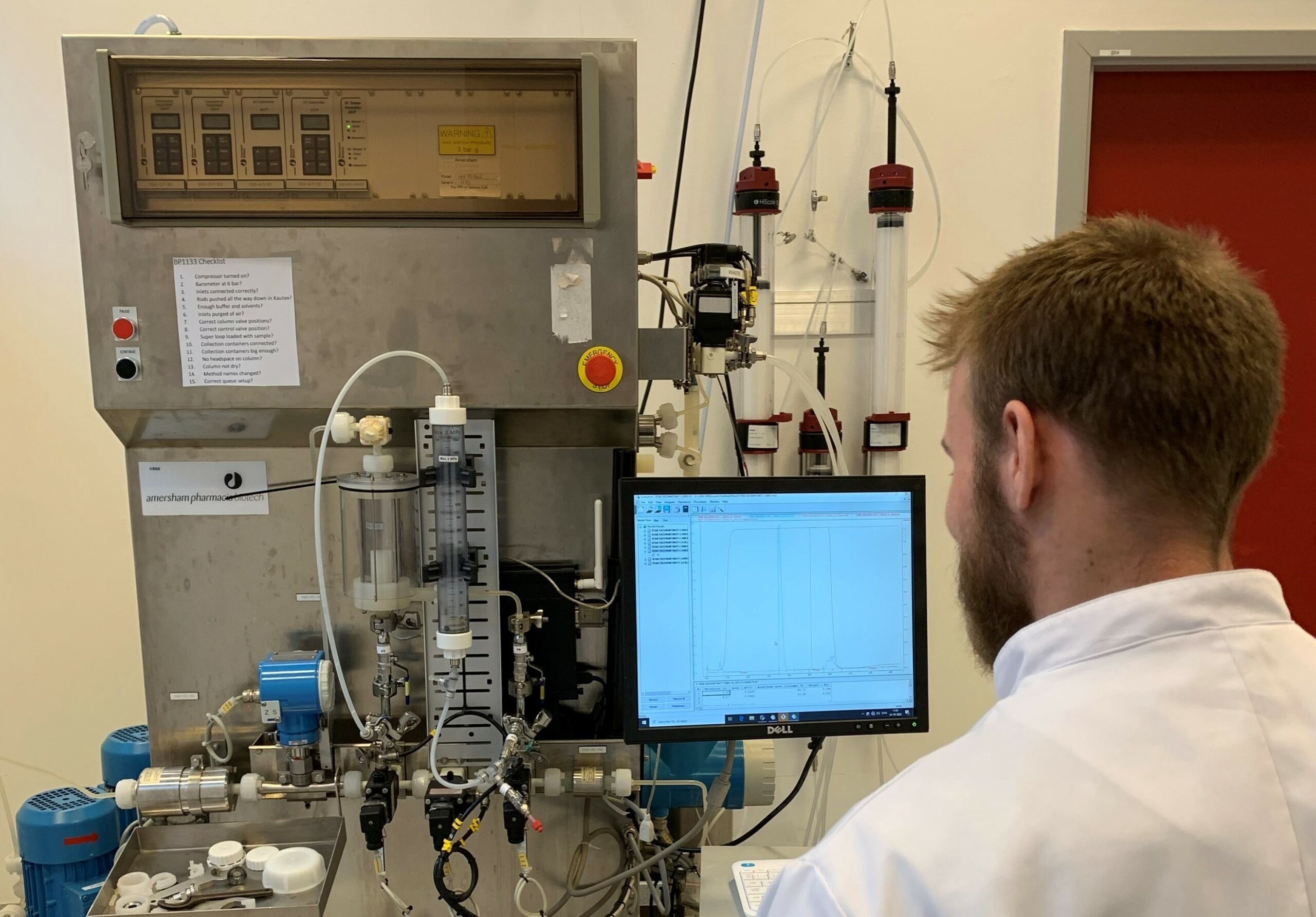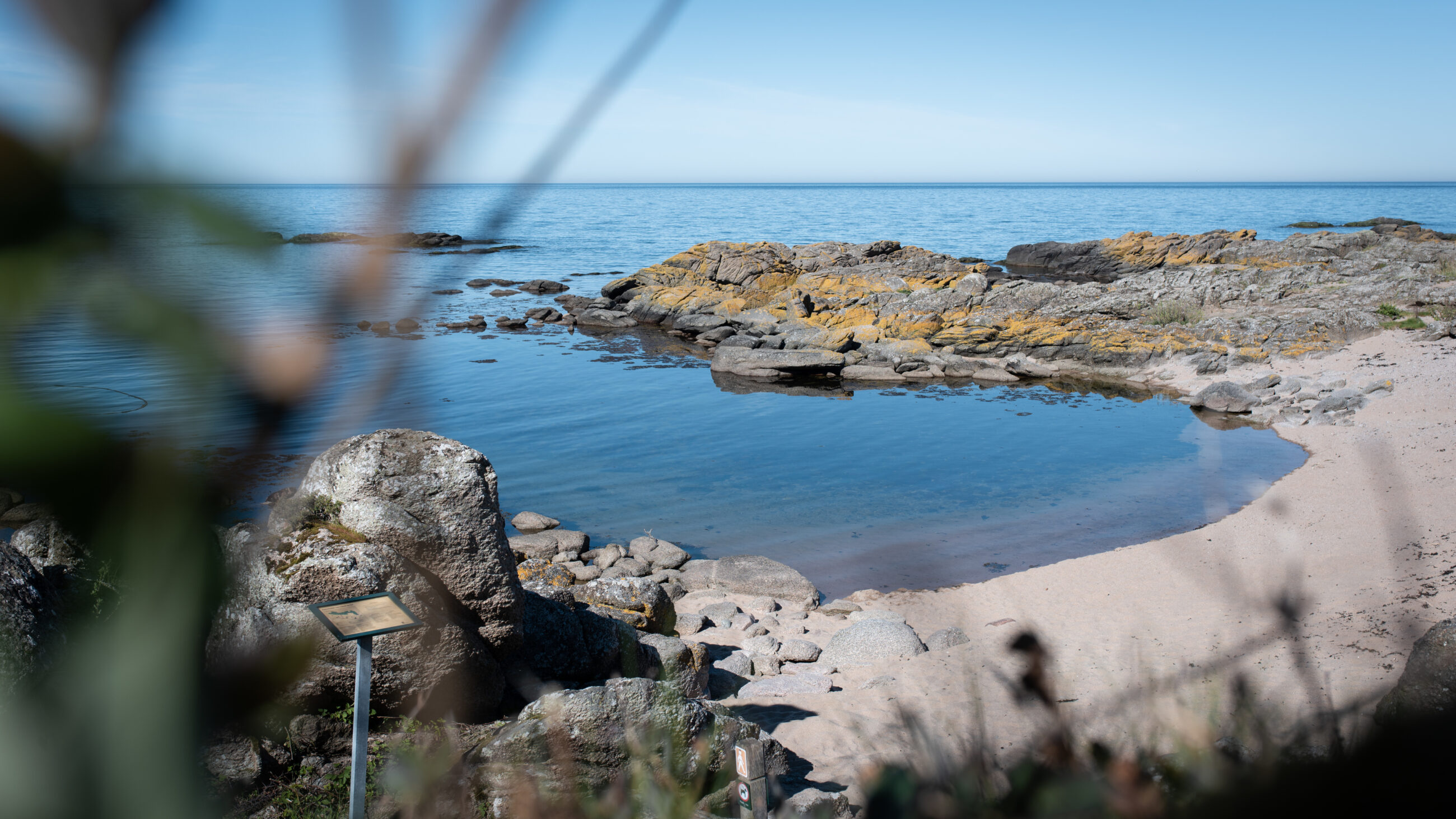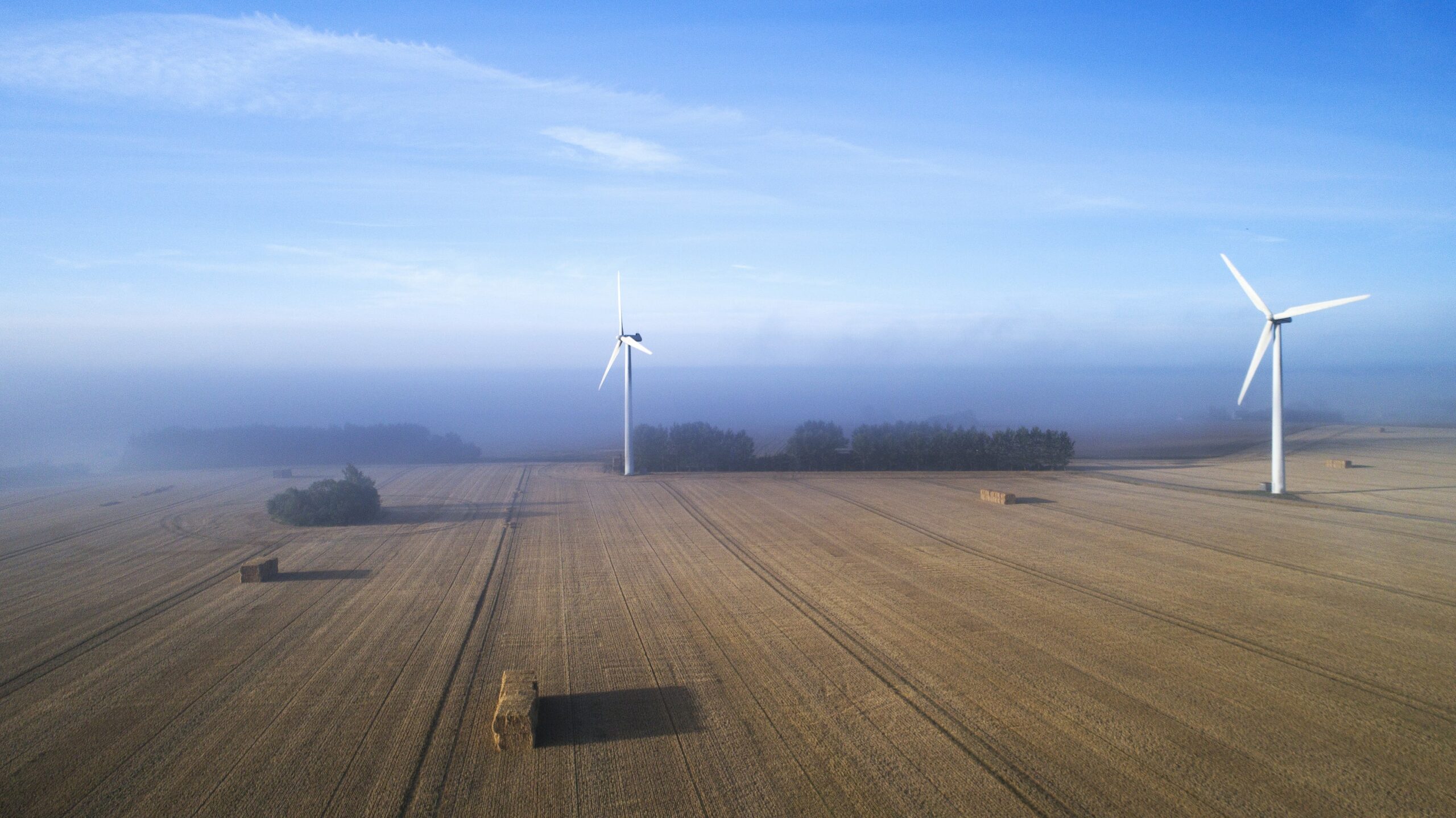News
Recycling of waste to material
Urban mobility
Exporting Danish Cycling Culture to Africa


At first glance, Baisikeli in the area of Vesterbro in Copenhagen looks like a traditional bicycle shop. But the company’s business plan reaches far beyond Denmark’s borders and bicycle hire and repair is far from the only services offered by the company.Niels Bonefeld and Henrik Smedegaard Mortensen, the company’s two founders, want to launch local production of bicycles in Africa.
Baisikeli currently earns its money from repairing second-hand bicycles donated by insurance companies and renting them out to everyone from students to tourists. The company spends its profits – on a turnover of about DKK 9 million per annum – on sending some of these bicycles to Beira in Mozambique where Baisikeli has its second workshop and its African staff.
Here the bicycles are repaired and sold on to locals. Until now, the duo have invested in training costing more than half a million Danish kroner for each African employee. But much more is on the way, says Niels Bonefeld.
- Related news: New White Paper: Sustainable Urban Transportation
- We will continue to repair and rent out second-hand bicycles in Denmark because this is where our knowledge and financing comes from, but we don’t want to grow in Denmark. Our aim is for our workshop in Mozambique to produce bicycles from scratch and sell them both locally and internationally and export them back to our franchise outlets.
- In five years’ time we will hopefully also have set up Africa’s largest bicycle mechanic training scheme which will be able to pass on the knowledge we have acquired in Denmark. In the near future, our business in Copenhagen will expand to include a production and packing facility and we hope that Baisikeli will be able to enter other markets across the world.
- Our retail business has to develop a product that is strong enough to become a franchise in Africa and in the West. But this requires that we are able to procure bicycle parts cheaply from Taiwan, for example, which we then send to the workshop in Mozambique and other future facilities to enable them to manufacture bicycles from scratch. But we are a small business and we purchase such small amounts that we cannot achieve the same discounts as major Danish purchasers. That is a problem because it means that our products will be too expensive for our customers in Africa.
- We have set a new standard for conducting business in Africa by training our staff and we will be introducing the first bicycle mechanic training scheme in Mozambique which we are currently negotiating with Mozambique’s Ministry of Education. The Confederation of Danish Industry helped us to launch that process.















